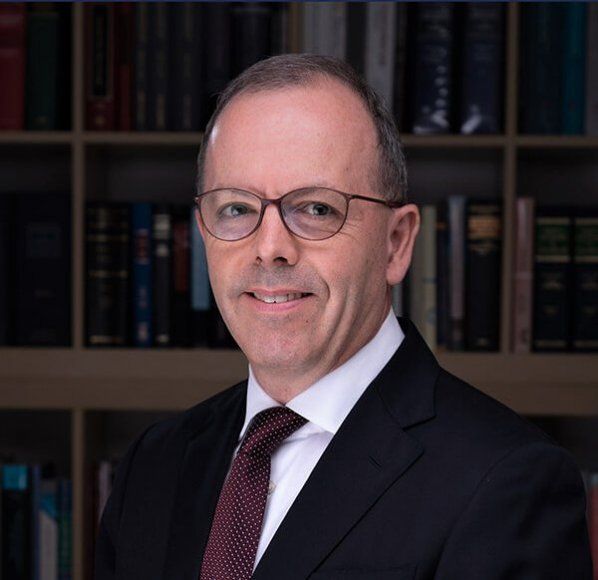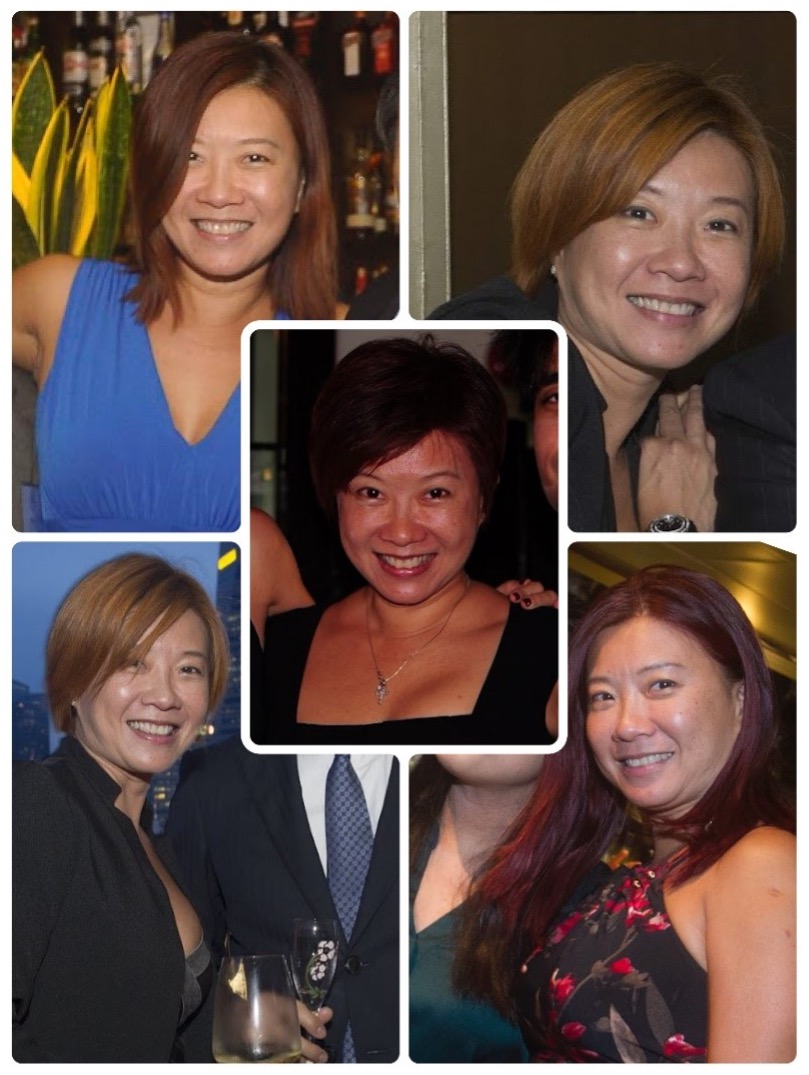5 August 2022

Questions:
How would you describe yourself in three words?
Pioneer. Professional. Passionate.
How did you first get involved in arbitration work?
In the course of your work, do you notice a trend in clients preferring arbitration over litigation as a form of dispute resolution?
In sectors such as construction, clients have always preferred arbitration over litigation and that trend is continuing. In other sectors, such as insurance, that trend is growing as the insurance market demands confidential awards that carry no precedent value. But in other sectors, such as energy, clients are starting to prefer litigation over arbitration for two reasons. First, procedural rules are being modernised and industry specialist judges are being appointed to commercial courts. Second, the cost of the arbitral tribunal is becoming too expensive and the arbitral tribunals are publishing awards that are more frequently set aside. These trends have to be reversed if confidence in arbitration as an effective dispute resolution process is to be maintained. For example, a one (not three) person tribunal should be mandatory.
What is the most memorable arbitration or arbitration related matter that you were involved in, and why?
To provide a balanced answer, perhaps I can offer two such matters. I was instructed in both matters by an international construction company in connection with two iconic building projects developed ten years apart. The first matter was against the design engineer. We succeeded and recovered a nine-figure dollar sum from the engineer’s insurers. More importantly, the contractor was approved for future projects which led to the creation of thousands of jobs over the subsequent 15 years. The second matter was against construction all risks insurers. We did not succeed notwithstanding that the claim was clearly covered. This decision led to the destruction of trust in all risks cover and in the arbitration process, exemplified by the fact that the tribunal was incapable of drafting the Final Award without an agreed draft from counsel. The lesson learned is that the selection of the tribunal is the most important step in an arbitration.
What advice do you have for a young fellow practitioner interested in arbitration work?
I would first parrot my then Pupil Master’s advice to me, and that is to decide on early specialisation and get into the arbitration circuit as soon as you are qualified to do so. Secondly, I would encourage young practitioners to consider the myriad dimensions in which arbitration cross-fertilises with other forms of ADR, because there is no “one size fits all” solution to dispute resolution.
What are the challenges you think arbitration practitioners will face in the upcoming years?
Clients want honest advice, whether to resolve the dispute through arbitration or settle the dispute on best commercial terms. To get that advice, clients want counsel who know their industries (to understand the dispute), know the arbitration rules (to resolve the dispute) and know the good and the bad arbitrators (to succeed in the dispute). So, look to establish yourself in a particular industry and in the arbitration profession.
What are the challenges you think arbitration practitioners will face in the upcoming years?
Competition, although the better term is probably saturation. As arbitration has become more popular, so it has attracted and become saturated with counsel and arbitrators who are general practitioners or retired industry professionals rather than specialist arbitration counsel or arbitrators. As a result, it has become increasingly difficult for clients to identify specialist counsel and experienced arbitrators from those (and there are many) who purport to have specialist expertise, in the industry or the procedure, when they do not. The result is that cases are poorly pleaded, weakly prosecuted and wrongly determined, leading to spiralling costs, an increase in the number of applications to set aside and a general wariness of the arbitration process. The answer is to limit the entrants to the legal profession by imposing a 25% bar exam pass rate. But this will never happen because it is politically and socially unattractive.
With the establishment of the Singapore International Mediation Centre and the introduction of the SIAC-SIMCArb-Med-Arb Protocol, do you see mediation as now having a bigger role to play in assisting parties to resolve their disputes?
Yes and No. Yes, in the sense that both the Centre and the Protocol raise the awareness of mediation as a means of resolving disputes. No, in the sense that it is the conduct of the mediation that determines whether the dispute is resolved or not. In my experience, the facilitative method of mediation (being the mediator couriering of offers backwards and forwards) is far less successful than the evaluative method (being the mediator assessing whether one party will win or lose). Put more bluntly, the best type of mediator is the worst type of bully. One that is not afraid to tell a party what they do not want to hear. The same could be said of counsel and arbitrators.
Who is the person(s) who has had the greatest impact and/or influence on your career?
Jose Maria Olazabal. I thought I wanted to be a touring golf professional until, as a decent amateur, I witnessed a 14-year-old who was to become one of the best touring professionals of his generation, and nicest guys you could meet. And it is a lesson that transfers to arbitration practice. It is only when you have conducted as counsel, not as instructing solicitor, a claim from the initial meeting with the client to the publication of the Final Award that you appreciate the rigours of the process, the detail required to prevail and the stubbornness (or charm) that you need to tell a client when to settle.
If you weren’t in your current profession, what profession would you be in?
That part of the golf profession reserved for the least talented and most delusional.
What’s your guilty pleasure?
A recurring fantasy. Walking down the eighteenth fairway at St. Andrew’s in the final round of The Open with a three strokes lead on a beautiful summer’s evening in July having started the day six shots back of Tiger Woods, Rory McIlroy and John Rahm.
What is one talent that not many people know you have?
A combination of too much golf and too little marketing have meant that my ability to miss a putt from almost any distance is acknowledged far more widely than my ability to identify and resolve the two or three issues on which any insurance, energy or construction dispute inevitably turn, however large or seemingly complex.
Fill in the blank: “Arbitration is to dispute resolution as salt is to an open wound”.


